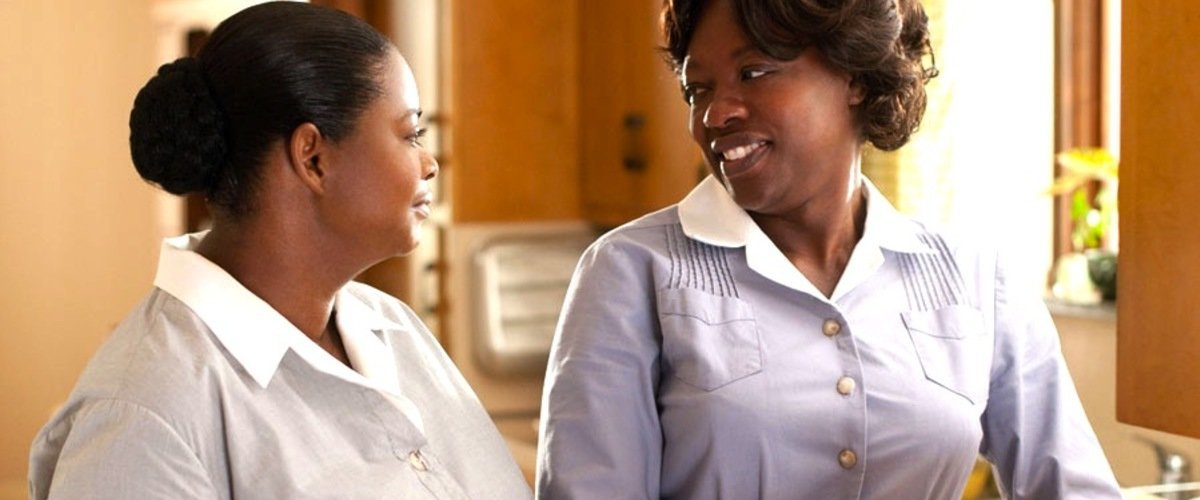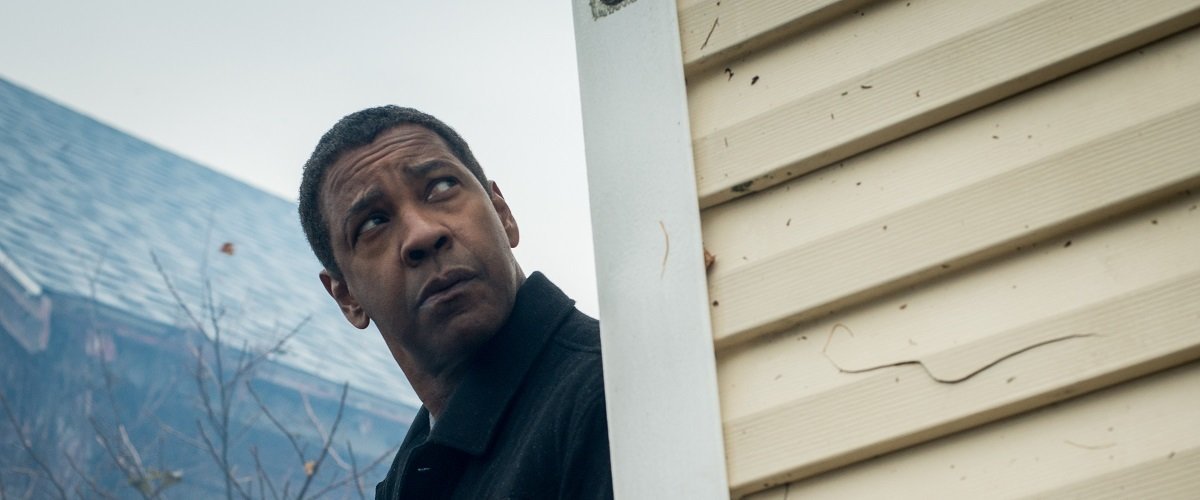
Directed by: Marina Zenovich
Featuring: Robin Williams, Pam Dawber, Lewis Black, Scott Marshall, Bobcat Goldthwait, Zak Williams, Mark Romanek, Valerie Velardi, Billy Crystal, David Letterman
The most pertinent question which I derived from watching Robin Williams: Come Inside My Mind is: Where did he find the energy? Williams was always "on". If he wasn't expending energy in his lightning-fast stage act, he was forever being the cutup on a movie or TV set. His Mork and Mindy co-star Pam Dawber likened episode tapings to "three hours of improvisation-filled comedy". The affection the interview subjects have for Williams is apparent. They provide the insight and emotion into this documentary which examines the life and career of the late, groundbreaking stand-up comedian and Oscar-winning actor.
We see Williams as a man with insatiable appetites, whether it be for laughs, drugs, women, or alcohol. He wasn't one to believe in moderation. But, he was a unique talent. His style of humor wasn't for everyone, but you can't deny there will never be another performer like him. When watching the numerous clips of his stand-up act in the film, you catch pieces of truth and pain beneath the manic stage presence. Much like Richard Pryor, Williams used his stand-up as therapy and confession. If you blink, you might miss it, but the moments were there.
Williams was born into a conservative Midwestern family which moved to San Francisco when he was a teenager. Seeing hippies, flower children, and counterculture was like culture shock to him, but very invigorating. He played sports in high school, but chose to pursue acting because the girls hung out in the acting and theater classes and productions. Soon, he found his way to Julliard (along with Christopher Reeve, who roomed with Williams and became his lifelong friend and godfather to his oldest child, Zak). Julliard was too rigid for a freestyle talent like Williams, so he dropped out to pursue a career in stand-up comedy.
Williams' rise to TV fame on Happy Days and then Mork and Mindy is attributed to Happy Days' creator Garry Marshall's son, Scott. Scott adored Star Wars and talked his father into creating an alien character for the show, which led to Mork from Ork. Williams proved to be so popular, the spinoff show was created and Williams' career launched. It was at this point in which Williams became a part of the L.A. comedy scene and started experimenting with drugs. "Cocaine is God's way of telling you that you have too much money," Williams said during a Tonight Show appearance. The March 1982 drug-related death of Williams' friend John Belushi caused Williams to go clean (at least for a little while).
Mork and Mindy soon launched Williams into a movie career, starting with the not-so-well received Popeye. It took Williams a few years to gain his footing in movies, with Good Morning Vietnam (1987) giving him his first major hit and Oscar nomination. The film oddly does not mention that Williams indeed won a Best Supporting Actor Oscar for 1997's Good Will Hunting. Other notable films Williams starred in are also not mentioned, possibly winding up as casualties on the cutting room floor.
"Robin was like the light bulb that couldn't turn itself off," said comedian Lewis Black, who marveled at his tirelessness even in his mid-50's. Williams was married three times. His first wife Valerie is the only one who is interviewed. She fondly recalls Williams, including his flaws such as infidelity and drug use. ("I knew Robin loved women and needed them, which I allowed him as long as he came home to me") She knew what drove him and in many ways made sacrifices to please him, until she drew her line in the sand and the marriage ended. It was said in the tabloids that the marriage ended because Williams had an affair with the family nanny (who later became Williams' second wife). Valerie sets the record straight and says this was not the case. His relationship with the nanny, Marsha Garces, began after the marriage ended, but Valerie expresses regret over not clarifying the rumors previously. ("It was a tough way for Marsha to begin a relationship with Robin,")
Williams' son Zak, comedians and close friends Billy Crystal and Bobcat Goldthwait, and Dawber tell their stories of the Robin they loved, with Williams himself (through archive interviews) fills in the gaps with his own confessions. Williams' stand-up style was complex, but his needs were not. He craved laughs which were more addicting to him than any drug or alcohol. Perhaps the substance abuse was a way to supplement the unquenchable need for acceptance. I have written on this blog that Robin Williams as an actor was best suited for roles in which he didn't play "Robin Williams". As an actor, he was diverse and powerful in a variety of roles. But, some films fell into the trap of being extensions of his stand-up act and they suffered. Williams committed suicide in 2014 because his body was betraying him after a Parkinson's disease diagnosis. The film wisely doesn't speculate what his mindset was at the time, but his loss is keenly felt. Come Inside My Mind gives us enough understanding of Williams for us to actually understand him, as much as possible anyway.












